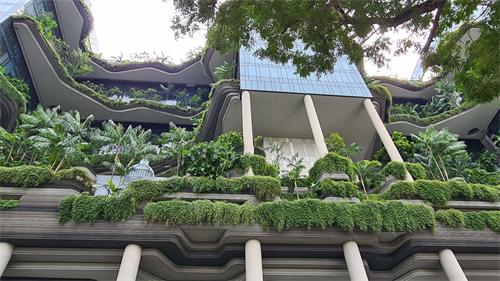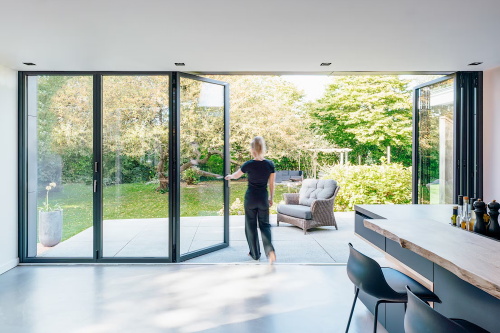Skyward Serenity: Cultivating Well-Being Through Singapore’s Rooftop Gardens

Singapore’s burgeoning urban-farming movement has transformed idle rooftops into lush gardens that not only address food security goals but also serve as vital sanctuaries for stress relief, community bonding, and sustainable living. From corporate green spaces designed to help employees unwind to grassroots initiatives where neighbours grow and cook together, rooftop gardens are delivering measurable psychological and social benefits. Empirical studies show gardening activities on high-rise roofs lower cortisol levels, boost mental resilience, and foster social cohesion.
The term "Skyrise Greenery" was created by Singapore's National Parks Board (NParks) to refer to rooftop and vertical greening initiatives that stretch greenery upward in the built environment of the city. Under the City in a Garden vision, NParks targets 50 ha of skyrise greenery by 2030, enhancing biodiversity and mitigating the urban heat island effect. Complementing this, the 30 × 30 Agri-Food Strategy aims to produce 30% of Singapore’s nutritional needs locally by 2030, with grants to spur rooftop farms across commercial and residential buildings.
Large companies and schools have harnessed rooftop farms to improve staff well-being and teach teamwork. Corporate gardens provide a hands-on outlet for employees to de-stress during work hours, while educational institutions integrate gardening into service-learning curricula to foster environmental stewardship. Hospitals, including Khoo Teck Puat, have incorporated therapeutic rooftop gardens to support patient rehabilitation and staff respite.
Lifestyle and Health Benefits
Psychological Well-Being and Stress Relief
A 2021 study on gardening in Singapore found that tending plants on rooftops significantly reduced perceived stress and increased psychological resilience among participants. Similarly, research on urban agricultural initiatives highlights social and psychological gains, with community members reporting improved mood and reduced anxiety through regular gardening activities.
Physical Health and Activity
Rooftop gardening offers light to moderate physical exercise—planting, pruning, and harvesting—that promotes cardiovascular health and muscle strength. Studies show that such activities can prevent cognitive decline and bolster immune response, while also providing daily opportunities for outdoor exposure and gentle exercise.
Sustainability and Urban Resilience
Climate Mitigation and Biodiversity
Rooftop vegetation cools buildings, reduces energy consumption, and manages stormwater runoff, contributing to Singapore’s climate-resilience goals. Biophilic landmarks like CapitaSpring exemplify this approach at scale—with over 80,000 plants across vertical gardens and a rooftop farm that grows herbs and vegetables for on-site dining, while earning Green Mark Platinum certification.
Food Security and Local Production
Rooftop farms help diversify Singapore’s food sources; hydroponic and vertical farms atop commercial blocks supply leafy greens, herbs, and microgreens to local markets. As part of the 30 × 30 plan, urban farms are projected to yield hundreds of tonnes of produce annually, enhancing resilience against global supply-chain disruptions.



